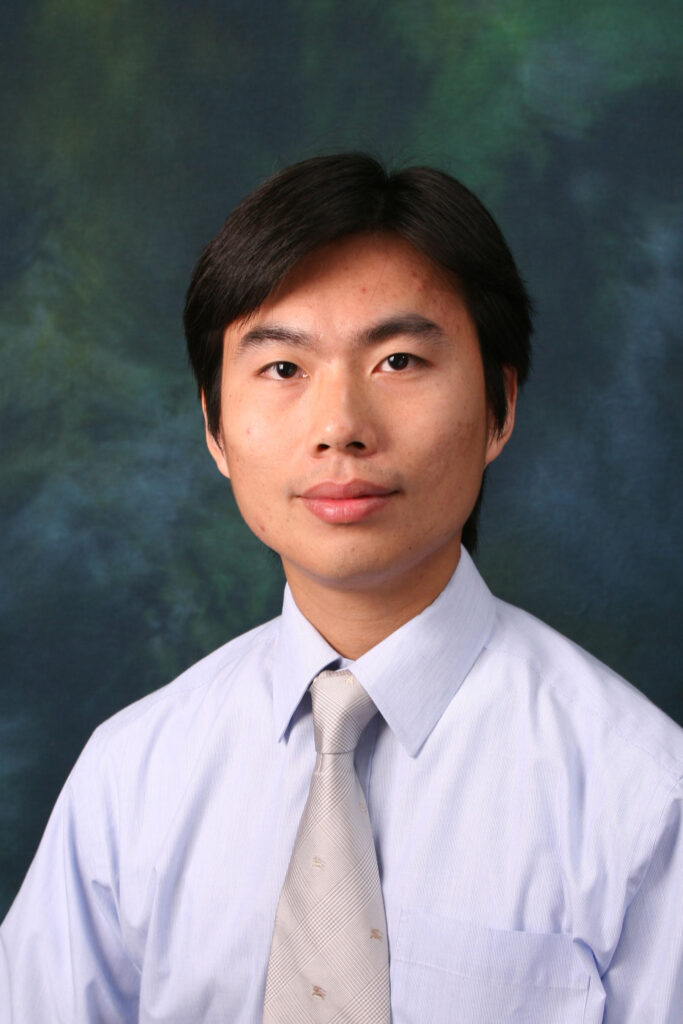Quantification of Three-dimensional Cancer Cell Responses
Kin Fong Lei
Graduate Institute of Biomedical Engineering, Chang Gung University, Taiwan
Abstract
In order to achieve high predictive value of cell chemosensitivity test for the clinical efficacy, cancer cells encapsulated and cultured in hydrogel can mimic the natural microenvironment of tumors. Cells suspended in hydrogel were cultured in a standard multi-well microplate. Because of the volume of the cells/hydrogel construct, unequal chemical concentration may be induced within the hydrogel. Also, cellular responses are difficult to be observed and quantified in the hydrogel. In this work, a novel platform for conducting 3D cell culture and analyzing cell viability has been developed for high throughput drug screening. Cells were encapsulated in the hydrogel and cultured in the microfluidic systems. The substrate was then immersed in the culture medium containing drug for 2 days. Cell viability of two human hepatoma cell lines (Huh7 and Hep-G2) was quantitatively investigated by the impedance measurement under the treatment of two drugs (doxorubicin and etoposide). The results represented by IC50 values revealed that Huh7 cells had a higher drug resistance than Hep-G2 cells and doxorubicin had a higher efficacy than etoposide for treating hepatocellular carcinoma. The current work has demonstrated a high throughput, convenient, and quantitative platform for the investigation of chemosensitivity of cancer cells cultured in 3D environment.
Short Bio

Dr. Kin Fong Lei is a Professor in Biomedical Engineering at Chang Gung University (CGU), Taiwan. Prior to joining CGU, he was a Lecturer at The Hong Kong Polytechnic University, Hong Kong (2007-2010). He received B.S. degree from National Tsing-Hua University, Taiwan (1998), and Ph.D. degree from The Chinese University of Hong Kong, Hong Kong (2005), both in mechanical engineering. In 2006, he was a post-doctoral fellow at the University of Western Ontario, Canada. Dr. Lei has made significant original contributions to research in bio-microfluidics, bio-sensing, and molecular diagnostics. He has published over 100 academic articles and was invited to contribute in 8 book/book chapters. Dr. Lei is a Fellow of Royal Society of Chemistry (RSC) and Institute of Physics (IOP), Senior Member of Institute of Electrical and Electronics Engineers (IEEE), Member of American Society of Mechanical Engineers (ASME), and Member of Society for Laboratory Automation and Screening (SLAS). He serves as a Chair of IEEE-EMBS Technical Committee on Bionanotechnology and BioMEMS (BNM) in 2020 and Associate Editor at EMBS Conference Editorial Board in 2020. He also served as an organizing committee member for many IEEE conferences for MEMS/microfluidics researchers. Dr. Lei is an Associate Editor for IEEE Access, and IEEE Transactions on NanoBioscience, and Editorial Board Member for Scientific Reports.